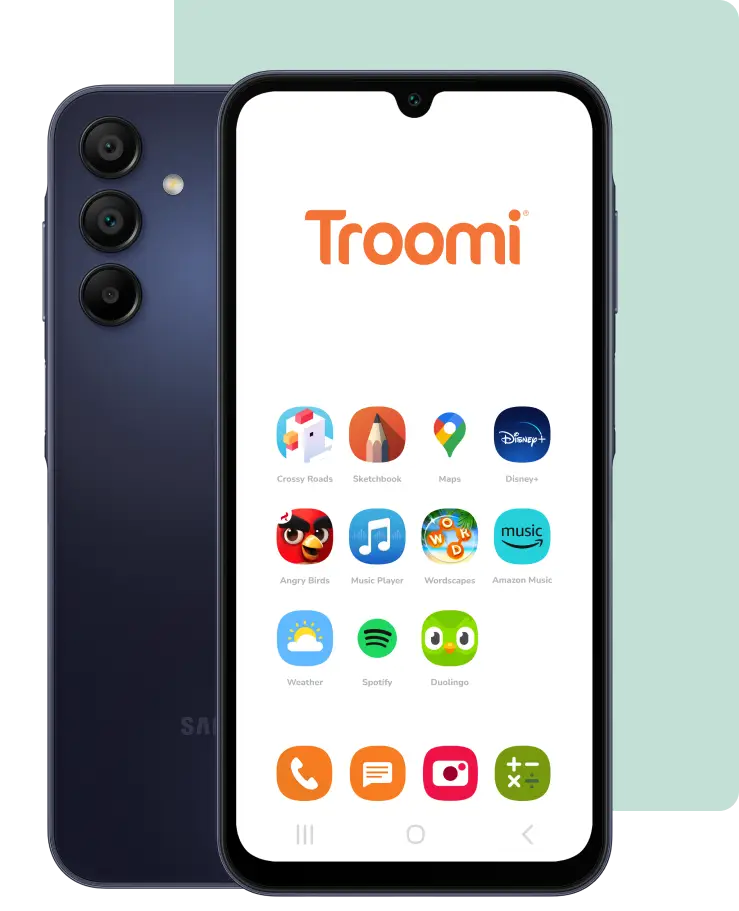Navigating the complex waters of parenting a child with dyslexia can be challenging, but with the right resources, it can also be incredibly rewarding. Understanding dyslexia and how it affects learning is the first step in providing the support your child needs. In this blog post, we’ll highlight a variety of resources and tools specifically aimed at helping give dyslexia resources for parents.
From books and websites to apps and software, these resources focus on educating, advising, and aiding parents in their endeavor to make learning more accessible and enjoyable for their children with dyslexia.
Books
Books can offer deep insights and practical advice about dyslexia. Here are a few highly recommended ones:
- “Overcoming Dyslexia” by Dr. Sally Shaywitz, a seminal work offering research-based insights and hope to millions.
- “The Dyslexia Empowerment Plan” by Ben Foss, a strategic guide for parents to understand and engage in their child’s education.
- “Parenting a Child with Dyslexia” by several authors offers various personal perspectives that can provide comfort and guidance.
Online Resources
Websites can be an invaluable source of current information, support groups, and free materials:
- Understood.org: A comprehensive resource with articles, strategies, and community support for parents of children with learning differences.
- The Yale Center for Dyslexia & Creativity: Offers resources to empower parents to make informed decisions about their child’s education and advocacy.
- The International Dyslexia Association: A wealth of resources including fact sheets, webinars, and an expert finder.
Educational Apps and Software
Technology offers some of the most hands-on, engaging tools for children with dyslexia:
- Grammarly: Helps with spelling and grammatical errors in real time, making writing tasks less daunting.
- Dyslexie Font: A specially designed font to improve reading performance in individuals with dyslexia.
- Ghotit Real Writer: Specifically designed for people with dyslexia and dysgraphia, offering advanced text editing capabilities.
Reading Programs and Tutors
Specialized reading programs can boost literacy skills:
- Barton Reading & Spelling System : An Orton-Gillingham based program that is especially effective for children with dyslexia.
- Wilson Reading System: Another structured literacy program designed to help overcome dyslexia.
- Seek out specialized dyslexia tutors in your area who can provide one-on-one support.
Support Networks
Connecting with others facing the same challenges can provide emotional support and practical advice:
- Find local or online support groups, such as those on Facebook or other social media platforms, for parents of children with dyslexia.
- Attend workshops and conferences by organizations like Everyone Reading or Decoding Dyslexia to stay informed and connected.
Advocacy and Legal Rights
It’s crucial to understand the legal rights of students with dyslexia:
- Wrightslaw: Offers accurate, up-to-date information about special education law and advocacy for children with disabilities.
- Your local Parent Training and Information Center (PTI) can help you understand your child’s educational rights.
Tools for Visual Learning
Visual aids can sometimes make learning concepts easier:
- Graphic organizers
- Mind maps
- Flashcards
Conclusion
The resources mentioned in this post are tailored to aid parenting a child with dyslexia. Remember to tailor the recommendations to fit your child’s unique needs. Each tool or resource can serve as a building block toward creating an effective and supportive learning environment that caters to the strengths associated with dyslexia. Your dedication, armed with the proper resources, will significantly enhance your child’s educational experience.
Continue your search for the best dyslexia resources, and never hesitate to reach out to educators, professionals, and support networks for guidance. With the right support and encouragement, children with dyslexia can flourish both academically and creatively, overcoming barriers to reach their greatest potential.
Remember, every child’s dyslexia is unique, and what works best for one may not for another. Therefore, be prepared to try different resources and approaches until you find the combination that works best for your child.
Consider bookmarking this blog post or printing out a list of these resources for quick access. By proactively utilizing the tools available, you are helping to pave the way for your child’s success and well-being.
Take the step today to give your child the future they deserve by leveraging these supportive resources tailored for the path ahead.
If you liked these parenting tips check out the rest of our blog. We give parents safe solutions to modern technology with our Troomi phone and our Troomi Watch. We also write about modern safe solutions to parenting in this crazy world.


